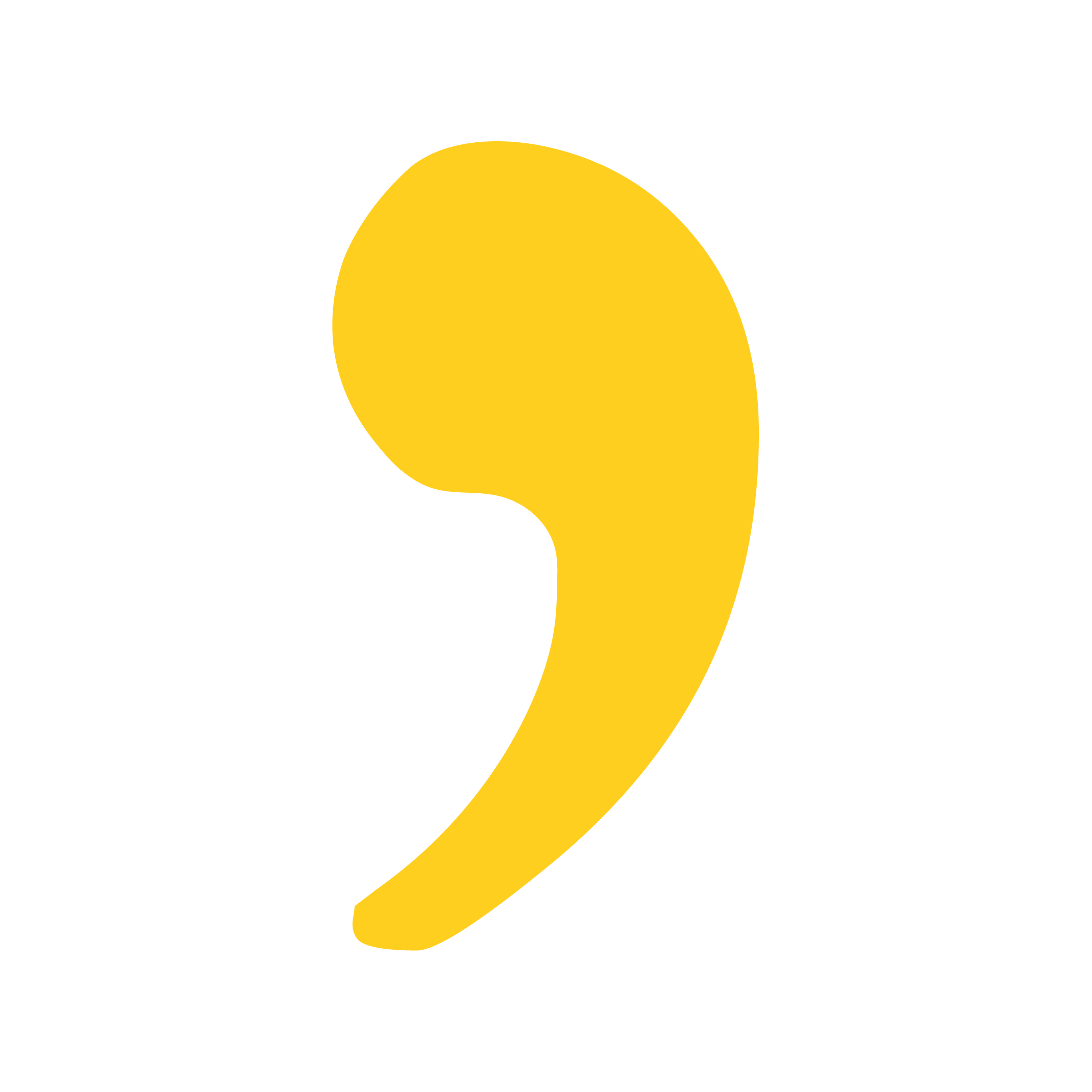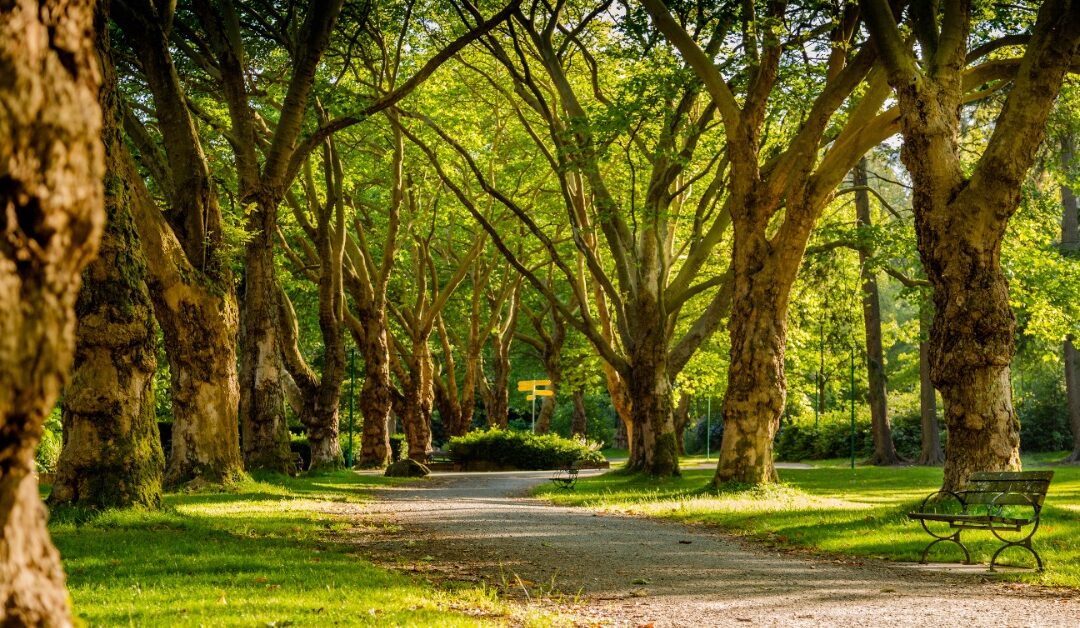With the swift rise of a digital world reducing the need to leave the comfort and luxuries of one’s own home, humans are more out of touch with the great outdoors than ever. Considering live streaming, grocery delivery, Amazon 2-day shipping, FaceTime/Zoom, work from home, telehealth services, online shopping, and social media bring the world to our front door step, it’s no wonder we only spend about an average of 8 percent of our life outside. We have lost our connection with nature, and it is hurting us.
With an estimated 83% of the U.S. population living in urban areas, there is a vast disconnect between life spent in nature versus indoors/in a vehicle. This number is only expected to rise as the world population continues to move towards urban centers and urbanize the rest.
This is so alarming because those who live in an urban area have a 20% greater chance of developing either anxiety or depression than those who live outside the city, while psychosis is reportedly 77% more likely in urban-dwellers. These studies show that this is especially impactful during childhood and adolescence, as those who grew up in an urban environment typically had a higher risk of mental illness as an adult.
These studies suggest “nature-deficit disorder” is a measurable, real issue. As the CDC has pointed out, there has been an increase in the last two years of mental health conditions in children and adolescents. If the effects of nature-deficit disorder hit younger people harder, we cannot turn away. Fortunately, fixing the problem need not be complicated (nor expensive).
Doctors are commonly prescribing “nature” as a remedy for lowering cortisol levels, heart rate, and blood pressure, all of which help stabilize mood and decrease stress. If minimal time spent outdoors is detrimental, then the best treatment is naturally to promote a lifestyle that spends time outside. It may sound silly, but the simple act of getting outside and into a green, growing, natural environment can change everything.
A recent study found that the ideal time to spend per week in nature is 120 minutes total, with no real correlations on frequency, session times, activities, or specific scenery or location beyond the two hour threshold. Anything less did not seem to offer the same health benefits. Of note, too, is that this 120 minute escape into nature was equally as beneficial to all people groups. Nature is not prejudiced in its offerings to different ages, races, cultures, genders, income levels, body types, etc.
With the realization that more and more people are confined to urban areas (and urban areas are expanding across the globe), it is challenging to accommodate a nature-focused lifestyle. Incorporating more time in nature takes intentionality, mindfully carving out and integrating those 2 hours throughout your week. Go on a morning hike once a week, take a walk in a nearby park, opt to slow down and enjoy the natural beauty of the planet we all live on.
It is important, too, to allow nature to sooth us as we experience it. Meditate by listening to a nearby flowing body of water rippling across the landscape, or watching the rustling of the leaves through the shadow of trees, or spend a moment feeling nature by walking barefoot on soil and grass (minding any hazards of course). Get out and smell the roses (or whatever flower or plant is growing nearby). You can even taste nature by investing in a garden (whether it be one pot of mint growing in your windowsill or a sprawling community garden that you tend with your neighbors).
Connecting with nature doesn’t have to be done alone. Bring your friends and hang out in the park together. Invite your family out to a natural setting for an afternoon. Take your significant other on a nature-centered vacation or stay-cation. We must move forward together as a society that honors and respects nature; not just as land to develop or food to consume. Nature energizes us, uplifts us, strengthens us, improves our health. Your call to action: Spend time in nature. Take care of yourself. Together we are better.
Find us wherever you are.


Recent Comments